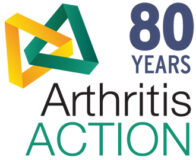Provides a combination of stories, news, and information about helping young people with Arthritis navigate living with the condition. There are tips on speaking to your GP, receiving a diagnosis, travelling with arthritis and learning how to manage your symptoms.

This UK charity provides information for newly diagnosed families on treatments, education, local area support groups and family support weekends. Everyone involved in the charity has been affected by Juvenile Idiopathic Arthritis and offer emotional and practical support to families. They aim to provide opportunities for recreational and educational experiences to give children the confidence they need to achieve their dreams in life despite having arthritis.
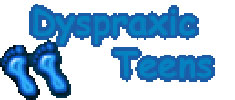
This is a website dedicated to Dyspraxic Teenagers. You can read about different teen’s experiences who have dyspraxia and the basic symptoms of the condition.

This national organisation is committed to improving quality of life for people who have Down’s syndrome. You can find an abundance of information on Health and Wellbeing, pregnancy & babies and other information about behaviour, speech, employment, education and relationships. The Association delivers a variety of projects such as DSACTIVE, Down2Earth and Inclusive Participation.

Here you can find peer mentoring and networking, ambassador roles and lives beyond limb loss opportunities. There are podcasts available in the link above that cover a range of topics aimed at informing and supporting young amputees. Other young people who have lost a limb have produced these podcasts to help support people who are transitioning into an amputee life.
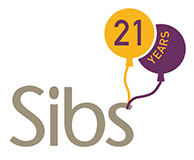
This is for brothers and sisters of disabled children and adults. YoungSibs is a section dedicated to younger people with a sibling who is disabled, has special educational needs or a serious long-term condition. Young people and children can read about how to handle their feelings such as feelings of embarrassment, jealousy, worry, guilt, anger, sadness or on the contrary happy and proud feelings. Children can also read and learn about different disabilities that their sibling might have.
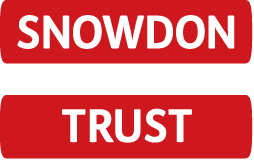
The Snowdon Trust provide grants to physically disabled and sensory impaired students studying in the UK – in further or higher education or those training towards employment. If you are a student and you have disability-related costs that are not covered by statutory funding, you can apply for a grant to help you meet these additional expenses. The Snowdon Masters Scholarships have also been created to identify and accelerate talented disabled individuals through higher education.
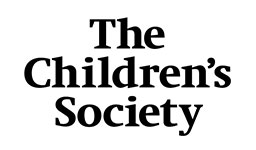
Works to improve young people’s emotional health and well-being. This society also campaigns for better support and offers services for children who need to talk. Children can come and talk about their feelings and any trauma they have experienced. The children’s society helps young people make choices when they don’t’ know which way to turn and is here to help build a hope for their future.
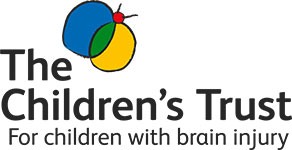
The Trust provides specialist rehabilitation, education, and community services across the UK. They help children find new ways of doing things and help them restore lost skills. There is a school available for pupils aged 2-19 where staff seek to enrich every child’s quality of life. You can receive therapeutic support anywhere in the UK in your home or school. You can also read about real stories of other young people with brain injuries and advice for all those affected in your family. A whole section is dedicated to approaching adulthood with a brain injury.
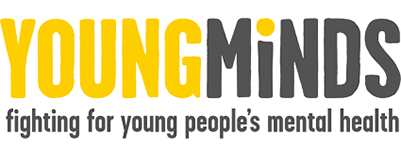
The UK’s leading charity fighting for children and young people’s mental health. Learn about programmes such as ‘Never Alone’, ‘Someone to Turn to’ and ‘Powerful Young Voices’ that are offered by Young Minds to help young people manage their mental health. You can read about a variety of topics in the section dedicated to young people such as coping with life, mental health conditions, medications, supporting friends and also real stories from other young people.
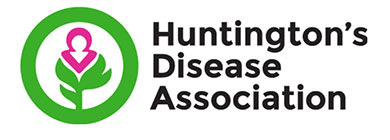
This is a section dedicated to supporting children and young people growing up around Huntington’s. There are links to the youth engagement service, the international Huntington’s Disease Youth organisation, Childline and contact details for specialist advisors. There is a specific section dedicated teenagers as well as young adults and young carers.
